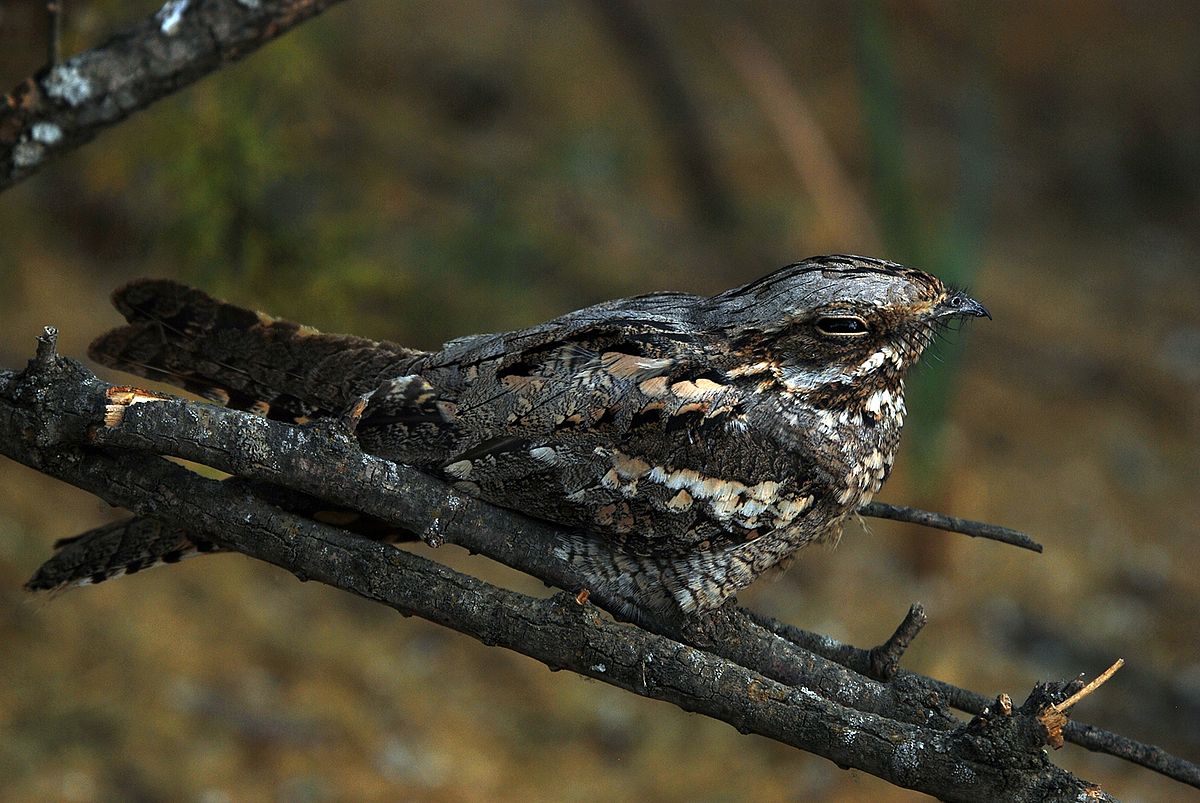When a Bird is a Nightjar
This is Passport to Texas
Just as purple martins and barn swallows keep insects in check during the day, birds known as nightjars eat bugs that take flight at night.
The graveyard shift is when these birds are active. They sleep all day, and they have super big eyes for night vision. And they’re looking for nocturnal insects—mainly moths.
Texas Parks and Wildlife ornithologist, Cliff Shackelford says it’s not uncommon to confuse the calls of two of these nighttime nibblers: the whip-poor-will and the Chuck Will’s Widow.
The essayists and naturalists of 100 years ago—they would always talk about the whip-poor-will, because they were up in the Northeast US where the whip-poor-will is common. But here in the south and Texas, the dominant bird we have singing is the Chuck Wills Widow. So, if you hear a night bird singing on your property in the warmer months—that’s going to be a Chuck Will’s Widow.
That’s not to say the whip-poor-will doesn’t make an appearance in parts of Texas.
Whip-poor-wills do migrate through the eastern third of Texas—the Eastern Whip-poor-will. And that’s going to be a march-April thing. And they sing very briefly as they head north.
So as you dream of spring and summer, make room in your thoughts for nightjars and their melodious music.
The Wildlife Restoration program supports our show.
For Texas Parks and Wildlife…I’m Cecilia Nasti.



 Passport to Texas is a
Passport to Texas is a  Passport to Texas is made available by:
Passport to Texas is made available by: